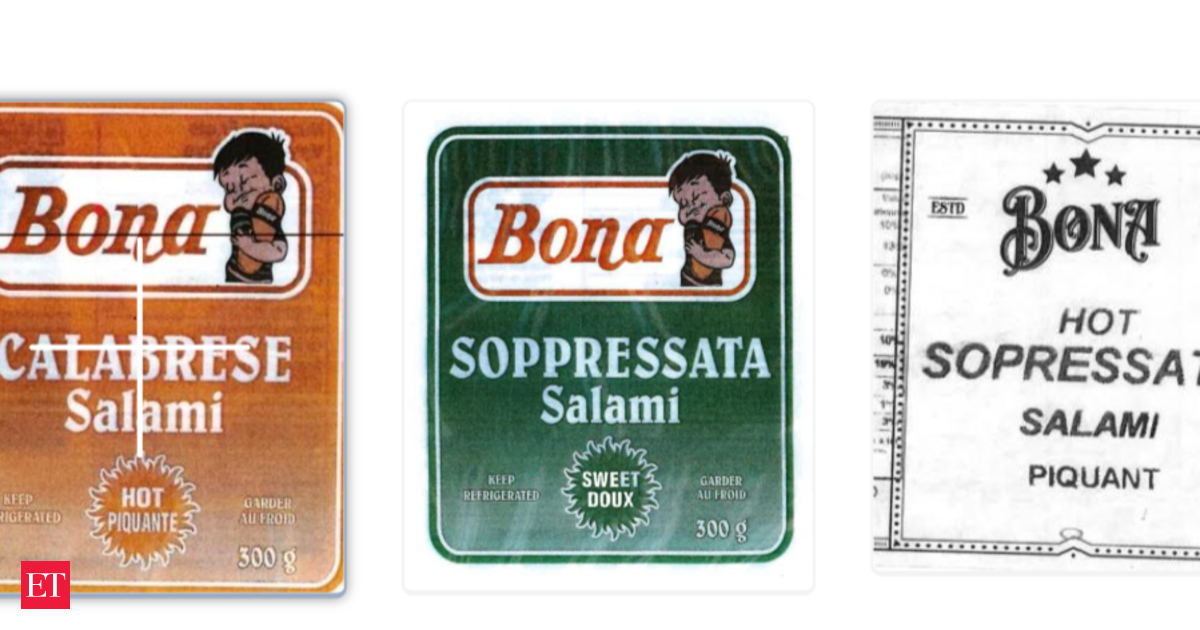Major Canada meat recall over Salmonella risk; over 60 salami products included across six provinces
A major recall of more than 60 salami and cacciatore meat products has been issued across six Canadian provinces due to possible salmonella contamination. The Canadian Food Inspection Agency (CFIA) and Health Canada announced the recall on Friday, July 18, following an ongoing foodborne illness investigation by the Public Health Agency of Canada (PHAC).
The affected products were distributed in British Columbia, Alberta, Manitoba, Ontario, Quebec, and Saskatchewan. The recalled items were sold in grocery stores, butcher shops, cafes, restaurants, and deli counters.
Dozens are sick across multiple provinces
PHAC has confirmed 86 Salmonella infections linked to the recalled deli meats. Alberta reported the highest number, with 67 cases, followed by 17 in Ontario and one each in British Columbia and Manitoba. Nine people have been hospitalized, and no deaths have been reported.
Live Events
The illnesses were reported between mid-April and late June. According to PHAC, many of those who got sick had consumed sandwiches or deli meats later confirmed to be part of the recall.
List of affected brands
The recall includes products from the following brands:
- Bona
- Cosmo’s Smoked Meats
- Imperial Meats
- Longos
- Luc’s European Meats Cheese & Eats
- Marini Salumi
- Naturissimo
- P&E Foods
- Rea
- Speziale Fine Foods
- Superior Meats
- T.J. Meats
- Vince’s Cured Meats Corp.
Some of the specific items include Rea and Bona brand Genoa salami and sweet soppressata, already recalled earlier in July.
What consumers should do
Health officials advise consumers not to consume, serve, use, sell, or distribute any of the recalled products. If you have purchased any, return them to the store or throw them out.
If you’re unsure whether a prepared food product, such as a sandwich, contains recalled meats, contact the place of purchase.
Anyone diagnosed with salmonella or experiencing symptoms such as fever, diarrhea, vomiting, or abdominal cramps should avoid preparing food for others and seek medical attention if needed.
Salmonella risks and treatment
Salmonella is a bacterial illness that can cause severe illness, especially in young children, pregnant women, the elderly, and people with weakened immune systems. It can also lead to long-term complications such as arthritis. Contaminated food may look or smell normal but still carry the bacteria.
Common Food Sources of Salmonella
Salmonella bacteria are most frequently found in:
- Raw or undercooked meat and poultry: Contamination can occur during processing or slaughter. Chicken and turkey are common carriers.
- Raw or undercooked eggs and egg products: Eggs can contain Salmonella either on the shell or inside before the shell forms.
- Unpasteurized milk and dairy products: Raw milk can harbor Salmonella if it hasn’t been pasteurized.
- Seafood: Especially raw or harvested from contaminated waters.
- Fruits and vegetables: Contamination can happen through irrigation with contaminated water or contact with animal feces. Examples include sprouts, melons, lettuce, tomatoes, and spinach.
- Processed foods: Items such as flour and peanut butter have occasionally been linked to outbreaks due to contamination during production or storage.
- Pet foods: Particularly those containing raw meat, which can indirectly infect humans handling the food.
- Contact with infected animals: Reptiles, birds, and some pets can carry Salmonella, transmitting it to humans.
Proper cooking, good hygiene, and safe food handling practices are essential to prevent Salmonella infection.
The CFIA says it is working to ensure all affected products are removed from the marketplace. Due to delays in illness reporting, more cases may be reported as the investigation continues.


